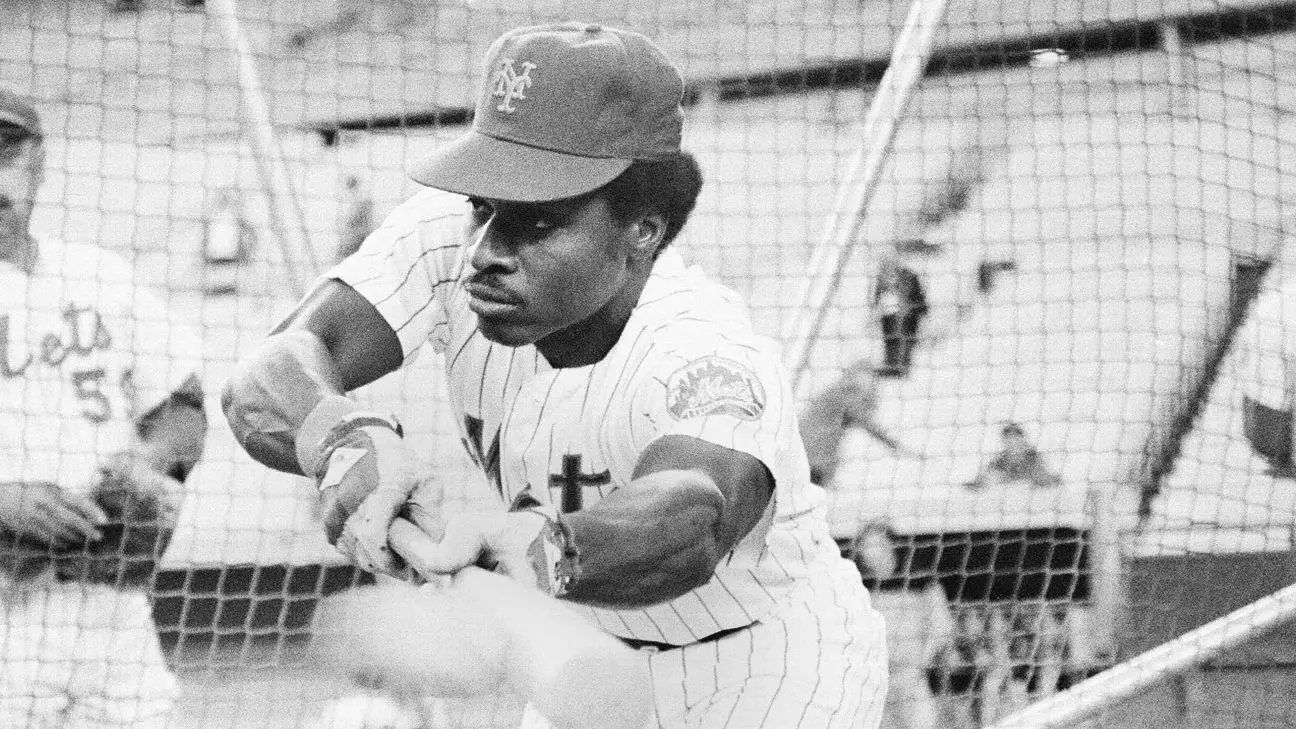Lenny Randle was not just another name in the annals of Major League Baseball; he was a figure who embodied the quirks and eccentricities of the sport. Born on July 18, 1948, Randle spent 12 seasons in the big leagues, showcasing an extraordinary talent that extended beyond the baseball diamond. Fluent in five languages, he was more than just an athlete; he was an artist, a comedian, and a cultural contributor whose impact on the game was as multifaceted as his personality. His unexpected passing at the age of 75, announced by his son Bradley, marks the end of a remarkable journey that stretched from the fields of Arizona State University to the major leagues and beyond.
Randle’s talents were evident early on; he significantly contributed to Arizona State’s triumph in the 1969 College World Series and showcased his athleticism by playing football as well. Chosen 10th overall by the Washington Senators in the 1970 amateur draft, he made his major league debut on June 16, 1971, marking the start of a career that would be filled with memorable moments both on and off the field.
Over his career, Randle played for several teams, including the Texas Rangers, New York Mets, and Seattle Mariners. Statistically, he hit .257, amassing 27 home runs, 322 RBIs, and stealing 156 bases. Numbers, while respectable, often do not tell the full story. Randle was not just another player racking up career stats; he was involved in some of the most colorful moments in baseball history. He became part of the narrative of an evolving sport, contributing to its history through incidents that showcased his larger-than-life persona.
The title of “The Most Interesting Man in Baseball,” awarded by Rolling Stone magazine, was not merely a nickname; it encapsulated his ability to transcend the conventional image of a ballplayer. With highlights like being present during the infamous Ten-Cent Beer Night riot in Cleveland, Randle became a character who added layers to the lore of the game. His onfield antics and off-field charisma made him an unforgettable figure.
Despite his many contributions, Randle’s career was not devoid of controversy. One of the most notorious incidents occurred during spring training in 1977, when he punched Texas Rangers manager Frank Lucchesi, leading to significant repercussions for both parties involved. Randle’s fragile footing within the team became evident when he lost his starting second-base job to Bump Wills. His frustrations boiled over, resulting in a physical altercation that left Lucchesi with a fractured cheekbone and put Randle’s career in jeopardy.
The fallout was swift; he faced a 30-day suspension and lost substantial salary due to fines and withholding. Randle’s subsequent legal troubles included charges of felony aggravated battery, although he ultimately pled no contest to a lesser charge. This tumultuous episode serves as a reflection of the myriad struggles athletes can face, revealing that the life of a professional athlete isn’t always as glamorous as it seems.
After his time with the Rangers came to an end, Randle transitioned through several teams, including a stint in the Italian baseball league. He described playing in Italy as “finding the fountain of youth,” a testimony to his enduring love for the game. His attempts to relax and enjoy baseball echoed a philosophy that transcended the sport; it was about finding joy and liberation even in the face of professional adversity.
Lenny Randle was also a performer. After his time as a player, he utilized his charisma and knack for entertaining by engaging in standup comedy, bringing levity to the often intense world of sports. Furthermore, he combined his love for music with his passion for baseball, releasing a funk single titled “Kingdome.” In this way, Randle contributed to culture in ways that few athletes dare to explore, proving that life after sports can be just as vibrant.
He leaves behind his wife, Linda, and three sons—Bradley, Kumasi, and Ahmad—as well as multiple grandchildren. His legacy, marked by a unique blend of talent, controversy, resilience, and humor, remains a testament to a life lived fully. Plans for a celebration of Randle’s life signal a recognition of not just a baseball player, but of a multifaceted individual who challenged the norms of what it means to be an athlete.
Lenny Randle’s life was an awe-inspiring narrative that merged sports with personal expression, crossing boundaries and defying expectations. His story serves as a reminder that athletes are people first, with diverse experiences that shape their journeys both within and outside their respective sports. The world of baseball has lost a distinctly colorful figure, but his spirit and the lessons from his life will persevere.

